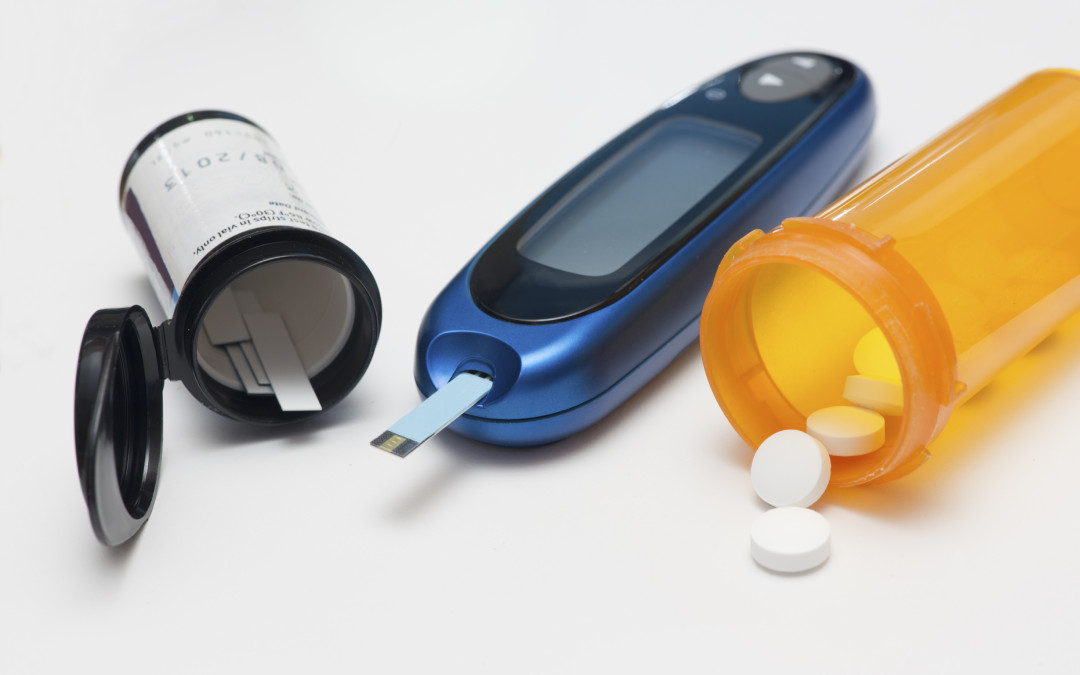
by Patient Guide to Diabetes
Managing diabetes during a pandemic presents unique challenges for patients. With so many changes to normal routines, it is important to identify a plan to maintain access to medications and devices for optimal control of diabetes. The keys to succeed during this time...
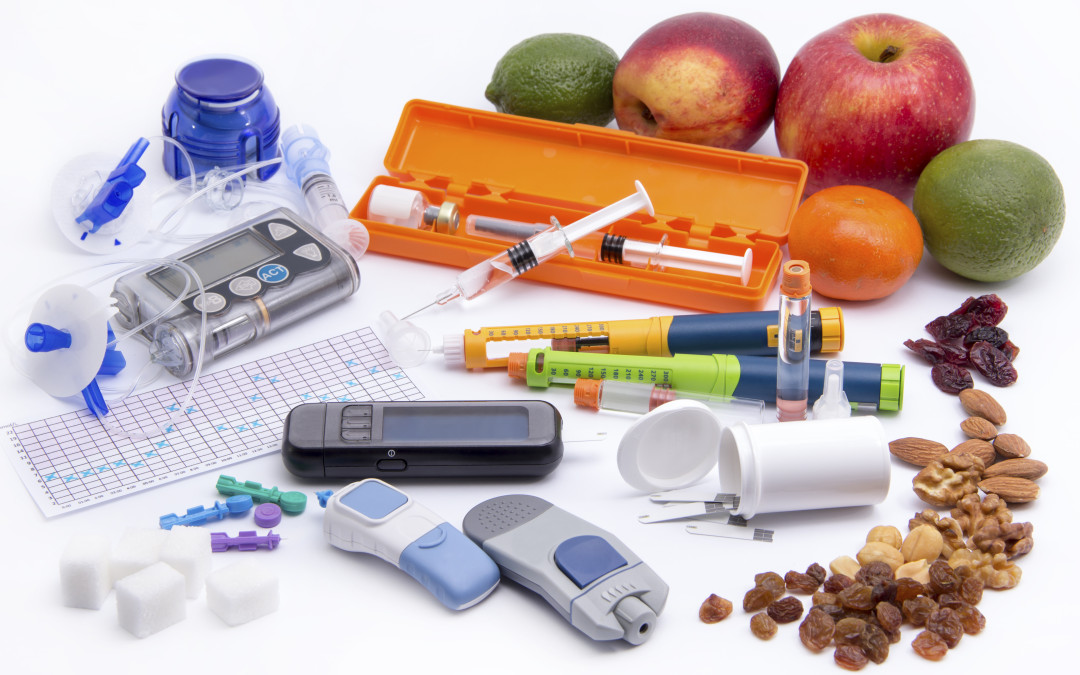
by Maureen Seel, RDN/LDN CDCES
If you have type 2 diabetes, chances are your doctor has recommended lifestyle changes to improve your blood glucose control. But what happens when diet and exercise aren’t enough? When diabetes medications are needed, health care providers generally have many...

by Maureen Seel, RDN/LDN CDCES
Who? Metformin is a commonly recommended initial medication for patients with type 2 diabetes who have mild to moderately uncontrolled blood glucose. In addition, it is sometimes used to prevent diabetes in patients who are at risk of developing the disease (though it...
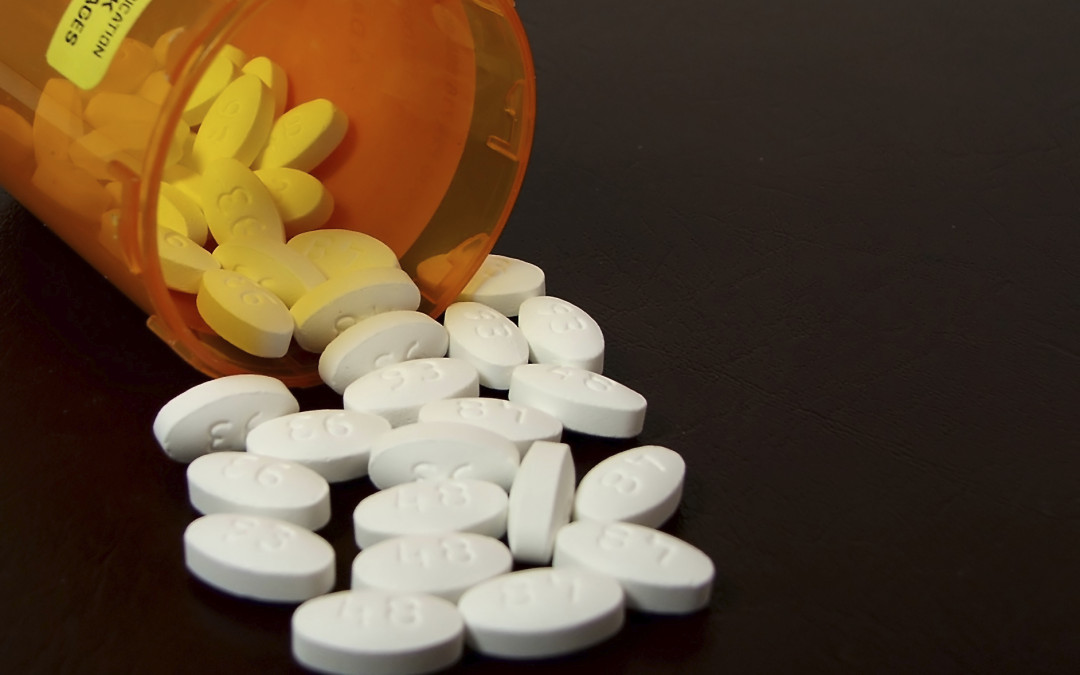
by Maureen Seel, RDN/LDN CDCES
Who? Sulfonylureas and meglitinides are recommended for persons with type 2 diabetes who have poorly controlled blood glucose levels. On average, most patients find that their Hb A1c levels drop by up to 1.5% on these medications. What? Oral tablets –...
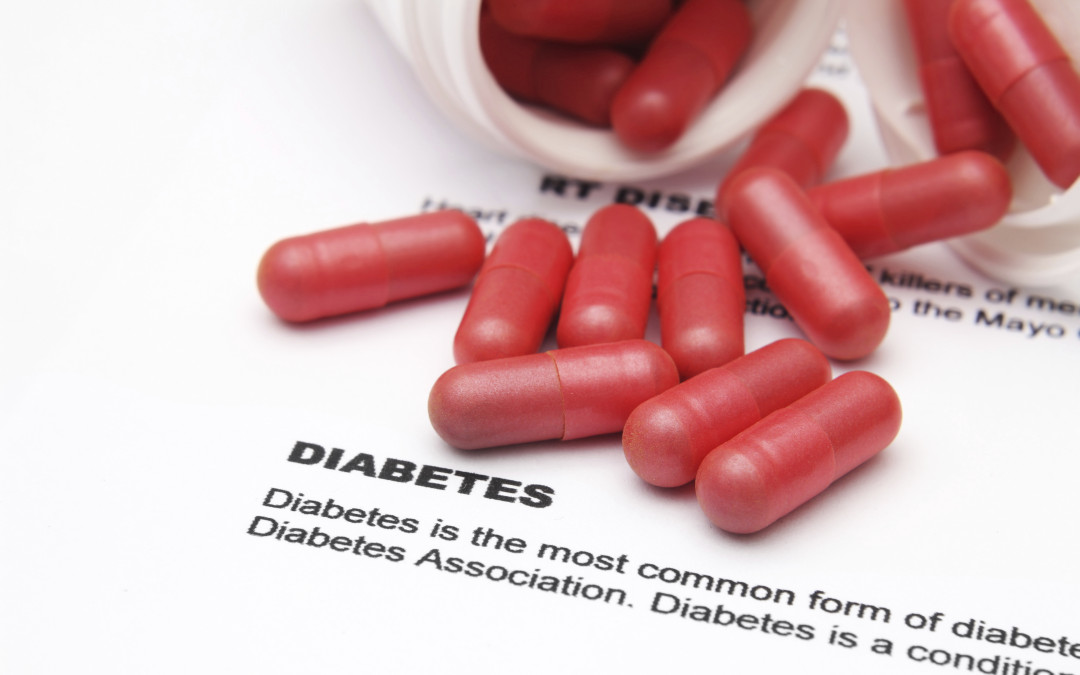
by Maureen Seel, RDN/LDN CDCES
Who?DPP-IV inhibitors are recommended for patients with type 2 diabetes who have poorly controlled blood glucose and high Hb A1c levels. On average, most patients find that their A1c levels drop by 0.5-1.0% on these medications.What?Oral tabletsA few types of DPP-IV...
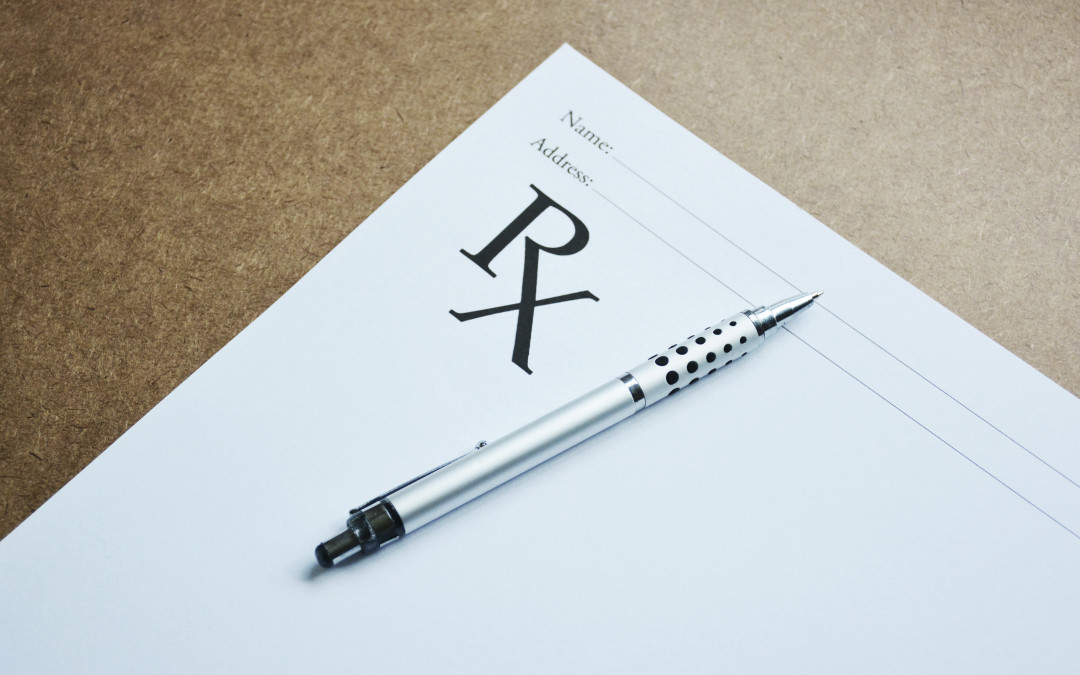
by Maureen Seel, RDN/LDN CDCES
Who? GLP-1 agonists, also known as incretin mimetics, are recommended for persons with type 2 diabetes who have poorly controlled blood glucose and high Hb A1c levels. On average, most patients find that their HbA1c levels drop by as much as 0.5-1.5% on these...






